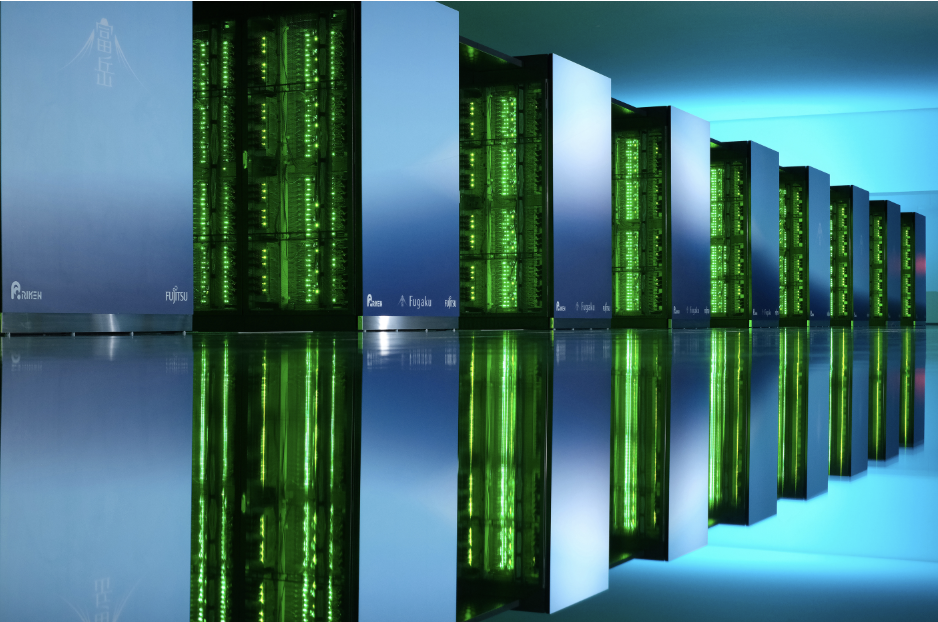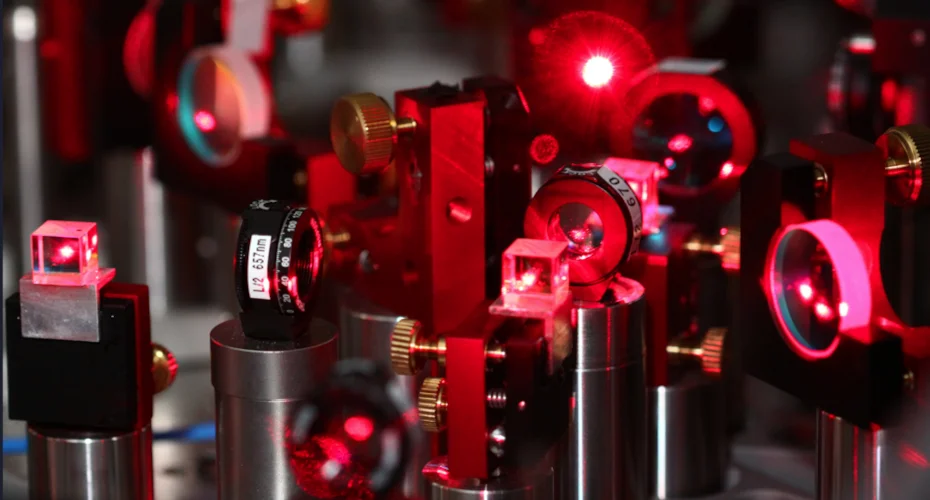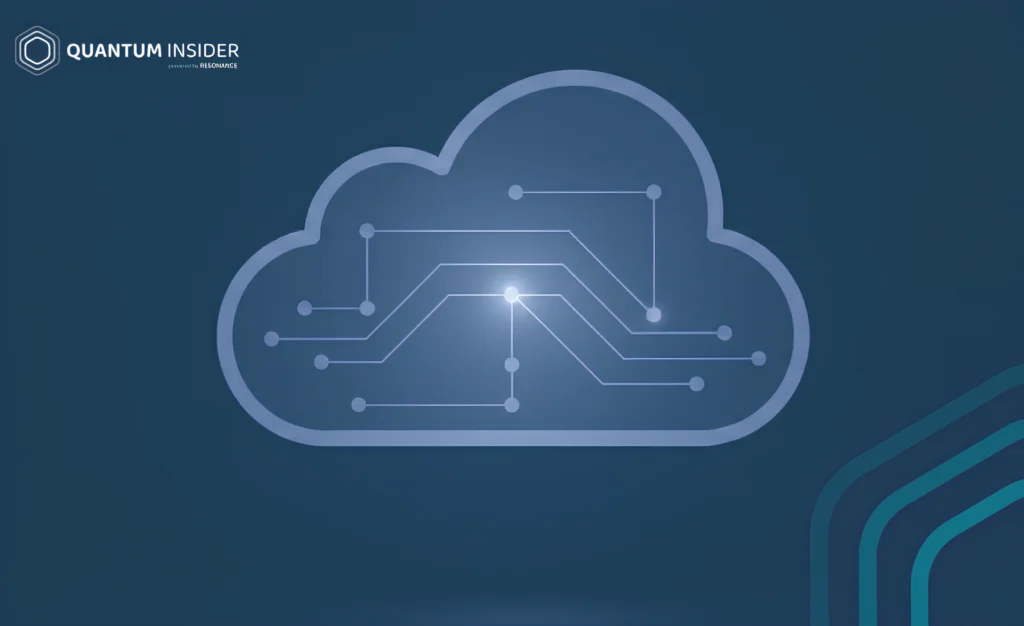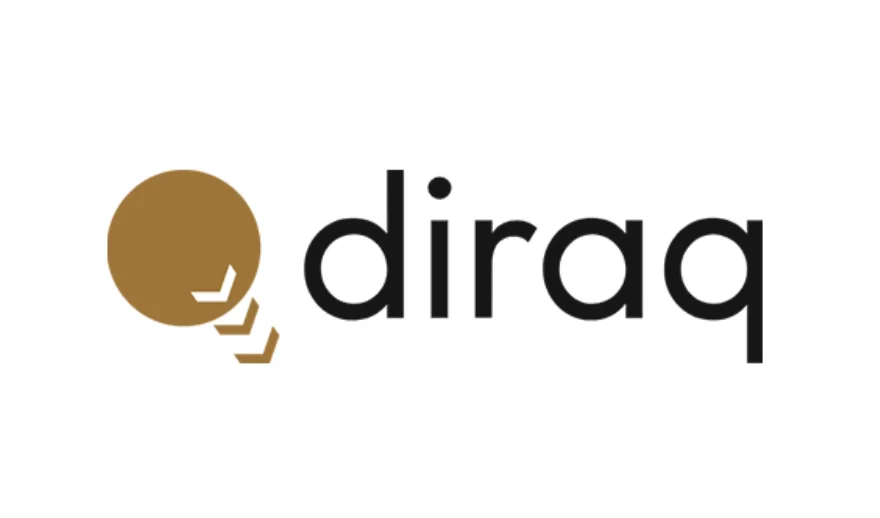Insider Brief
- RIKEN and SoftBank have selected 21 organizations and research teams to participate in Japan’s JHPC-quantum test-user program linking quantum computers with the Fugaku supercomputer.
- The program aims to develop and evaluate hybrid quantum–HPC applications using a collaborative software platform built by RIKEN, SoftBank, and partners.
- Participants from industry and academia—including Toyota, Mitsubishi Chemical, and Kyoto University—will begin developing use cases across materials, manufacturing, and drug discovery.
- Image: RIKEN
Japan’s flagship quantum–HPC collaboration moves from lab software to industry pilots, granting select teams access to Fugaku and two quantum systems, according to a Softbank statement.
RIKEN and SoftBank Corp. said they have accepted 21 proposals into a test-user program for “JHPC-quantum,” a national project to connect quantum computers with high-performance supercomputers and evaluate how the combined stack performs on real-world problems. The program opens the project’s in-development “collaboration platform” to outside teams and will use the results to harden software, surface promising applications, and guide pathways to practical deployment.
At the core of JHPC-quantum is system software that orchestrates workloads between quantum processors and classical HPC resources—routing jobs, passing data, and managing execution so developers can prototype “linked applications” that call both quantum and classical routines. The test-user program invites industry and academic groups to build those linked applications on the platform and report back operational findings. RIKEN and SoftBank position the effort as a proving ground: if the platform cuts time-to-solution and lowers integration friction, the project will advance from software development to production-grade services.

Participants will receive accounts on Japan’s Fugaku supercomputer and on two different quantum computers used by the project. With credentials in hand, teams can begin development runs that combine quantum kernels with classical simulation, optimization, or data processing on Fugaku—an architecture intended to reflect how hybrid quantum computing will likely be used in practice for years to come.
How The Cohort Was Chosen
RIKEN and SoftBank ran a staged intake: a call for trials from December 2024 through January 2025, followed by two formal application windows (April 1–30, 2025 and June 16–July 15, 2025). Proposals arrived from a broad mix of industries—materials, chemistry, manufacturing, information and communications, healthcare, and life sciences. Reviewers prioritized three factors: the concreteness of how applicants would use the collaboration platform, the centrality of HPC to the workflow, and the credibility of the timeline to produce results.
The organizations that had signed memoranda of understanding (MoUs) as of September 26, 2025, and are cleared to start work include:
• JSR Corporation (materials)
• Toyota Motor Corporation (materials; design and manufacturing)
• SoftBank Corp. (materials)
• Ochanomizu University (natural sciences)
• Toyota Central Research Institute (design and manufacturing)
• Kyoto University (medicine and drug discovery)
• Oita University (medicine and drug discovery)
• University of Electro-Communications (natural sciences)
• Mitsubishi Chemical Corporation (materials)
RIKEN and SoftBank said additional awardees will be announced on the JHPC-quantum website as MoUs are finalized.
The Importance of Hybrid Quantum-HPC
Hybrid quantum–HPC is the near-term operating model for quantum computing. Few industrial problems map cleanly to stand-alone quantum processors today; more often, quantum subroutines must be embedded inside large classical workflows. By testing software that links these environments—job scheduling, data movement, error handling, and performance monitoring—the program targets the practical bottlenecks that decide whether a compelling paper result can survive contact with production constraints.
The chosen sectors point to immediate pressure points for hybrid computing. In materials and chemistry, quantum routines promise sharper modeling of molecular interactions, catalysis, and adsorption phenomena, but those routines must sit inside HPC-scale simulation and sampling pipelines. In design and manufacturing, the focus typically falls on optimization—routing, scheduling, layout, and control—where quantum heuristics may offer speedups on hard combinatorial instances while HPC resources handle large-scale evaluation and sensitivity analysis. In medicine and drug discovery, hybrid workflows could accelerate subproblems in docking or property prediction that are then validated and scaled with classical compute.
In the project, participants gain early access to operational tooling: APIs for submitting hybrid jobs, resource managers that coordinate classical and quantum queues, and data interfaces that preserve numerical fidelity between the two environments. They also obtain practical support for porting and tuning their applications on Fugaku alongside two quantum backends, enabling performance comparisons across architectures.
For RIKEN and SoftBank, the value is evidence. Real users will exercise the platform’s assumptions—where data marshaling becomes a bottleneck, how error rates ripple through end-to-end metrics, which algorithms generate the most promising cost-to-accuracy trade-offs, and what observability is required for developers to debug hybrid executions. That feedback loops directly into software maturity and informs technical roadmaps for scaling.
As of late September 2025, nine organizations had completed MoUs and were provisioned to start development; the remainder of the 21 selected proposals will be named as agreements are signed. Representatives from each accepted proposal will present summaries at the “JHPC-quantum Symposium 2025” on December 12, 2025, outlining application scope, experiment design, and early findings.
If the collaboration platform demonstrates measurable wins– reduced wall-clock times on representative workloads, better resource utilization across quantum and classical pools, and reproducible pipelines — Japan will have a clearer path to pilot deployments where quantum resources are treated as callable accelerators within established supercomputing workflows. That, in turn, could shorten the distance between academic algorithm research and industrial adoption by making hybrid execution a routine option rather than a bespoke integration project.
The next call for applications is planned for early 2026, marking the project’s continued expansion into Japan’s hybrid quantum–HPC ecosystem. RIKEN and SoftBank said that among the 21 selected proposals, those demonstrating promising results by the end of fiscal 2025 could advance to large-scale experimental phases as early as fiscal 2026.
The partners, working with the University of Tokyo and Osaka University, will continue building collaborative platforms and exploring new applications, with the broader goal of translating hybrid quantum–supercomputing research into technologies with real social and industrial impact.














